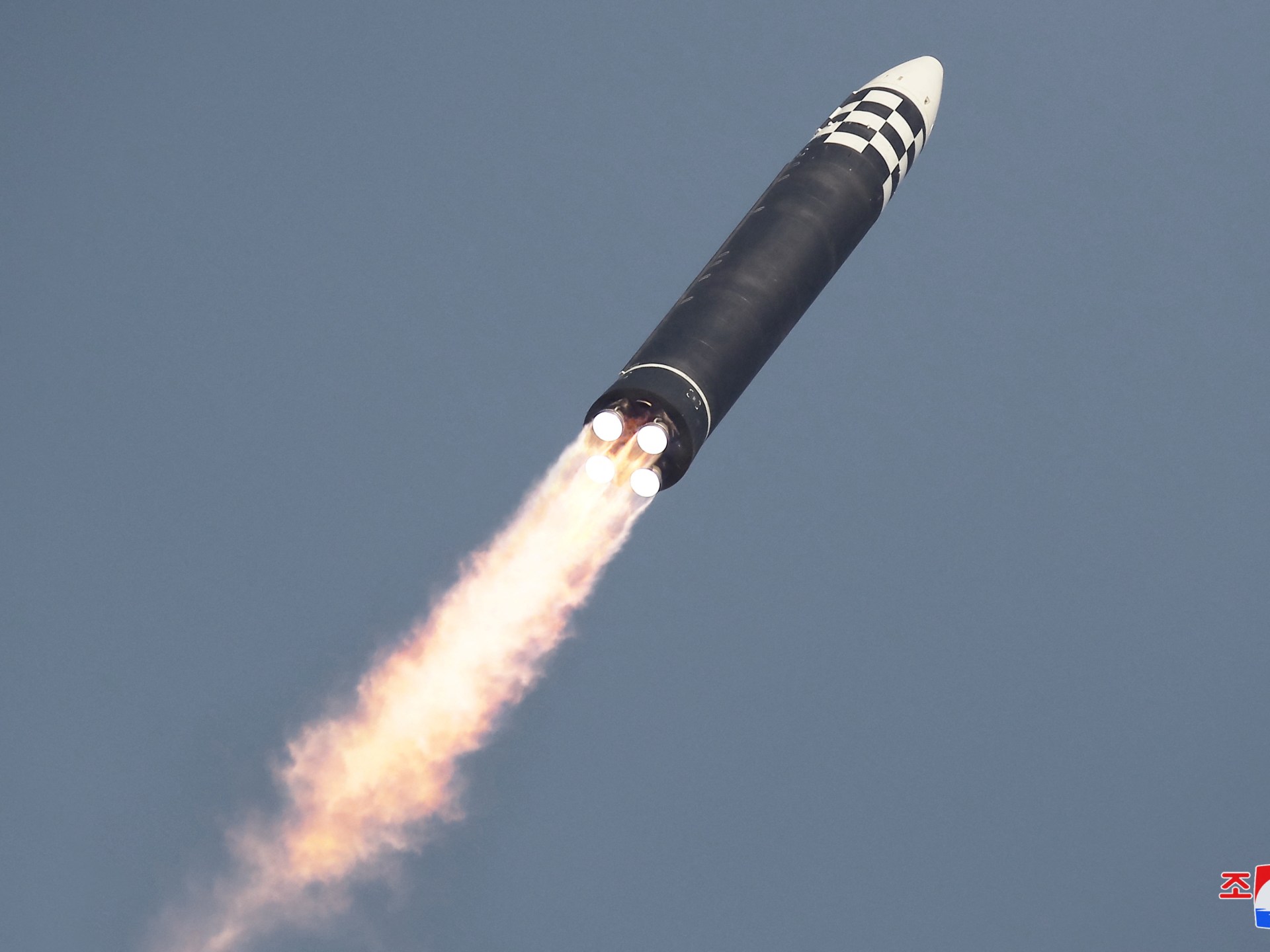Senior officials in the US leadership in the Asia-Pacific region warned that if North Korea conducts a nuclear test, which it is likely to conduct in the coming weeks, it will "change the situation" in the region and face an American response.
North Korea has conducted 4 ballistic missile tests within a week, and is apparently preparing to conduct a nuclear test after the upcoming Congress of the Communist Party of China, which begins on October 16, according to an official in the US military command for the Indo-Pacific region, "Indopacom".
"I think that the possibility of conducting an experiment is more likely after a week or two after the conference," the official said, asking not to be named.
This opinion is consistent with the assumptions of the South Korean intelligence services, which believe that this first nuclear test since 2017 may take place between October 16 and the midterm elections in the United States on November 7.
While the commander of the US fleet in the region, Admiral Sam Papparo, indicated that no link had been established between Pyongyang's recent ballistic tests and a possible nuclear test, he acknowledged that such a development would be "a matter of grave concern."
"That would be very worrying, and there would be a response," he added.
"The response will be carried out in close consultation with our South Korean ally, and will be in accordance with our doctrine of integrated deterrence, and it includes all elements of American power," he said, adding that it would be diplomatic, military and economic.
US Vice President Kamala Harris visits for the first time the demilitarized zone separating the two Koreas (Reuters)
'Out-of-the-ordinary'
The commander of the Air Force in the region, General Ken Wellsbach, considered that the idea of North Korea possessing a nuclear weapon is terrifying, especially since the Pyongyang regime does not consider this type of weapon as a deterrent tool that is not intended for use.
He pointed out that they "threatened to use these weapons against their neighbors and even against the United States, and this is unusual...other countries that possess these weapons do not speak in this way, and the matter must raise everyone's fears."
General Welsbach said that if North Korea conducted a nuclear test, it would "definitely change the situation" in the region and "would be a source of concern for many countries. I think that would worry even China and Russia."
In light of international sanctions imposed on it because of its military programs, North Korea approved in early September a new doctrine that allows it to carry out preventive nuclear strikes, including in response to attacks with conventional weapons, stressing that it will never give up nuclear weapons.
Pyongyang has conducted 6 nuclear tests since 2006, the last of which was in 2017 and was the most powerful;
With a force of 250 kilotons, Pyongyang has talked about a hydrogen bomb.
Satellite imagery in recent months has shown signs of activity in a tunnel inside the Punggye-ri nuclear test site.
Pyongyang confirmed that it destroyed this site in 2018, before a historic summit between North Korean President "Kim Jong Un" and former US President Donald Trump, which marked the beginning of a phase of dialogue that did not last long and did not produce any results.
Facing Pyongyang's war rhetoric, the United States and South Korea resumed their joint exercises suspended since 2018 due to the COVID-19 epidemic and the transitory diplomatic rapprochement between Seoul and Pyongyang.
US Vice President Kamala Harris visited Seoul a few days ago and headed to the demilitarized zone between the two Koreas during a trip aimed at confirming Washington's "unwavering" commitment to defending South Korea from North Korea.
And Washington is the main ally of Seoul on the security front, and deploys about 28 thousand and 500 soldiers in this country.

